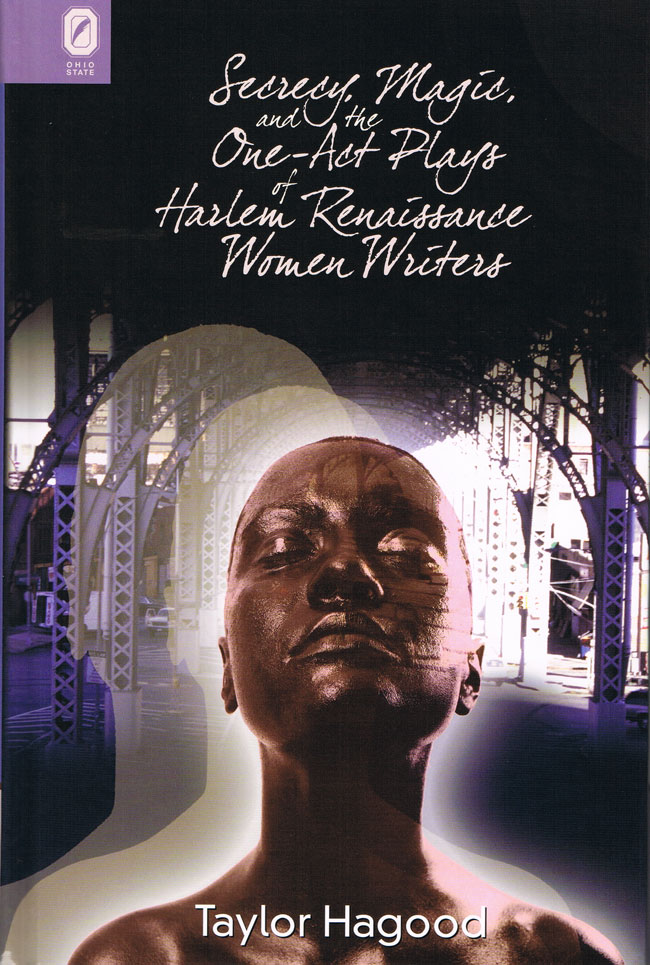Secrecy, Magic, and the One-Act Plays of Harlem Renaissance Women WritersTaylor HagoodBlack Performance and Cultural Criticism |
 3/23/2010 Literary Criticism/American/African-American; Literary Criticism/Drama; Literary Criticism/Women Authors 195 pp. 6x9  $44.95 cloth 978-0-8142-1121-2 Add cloth to shopping cart $29.95 paperback 978-0-8142-5508-7 Add paperback to shopping cart $14.95 CD 978-0-8142-9219-8 Add CD to shopping cart Shopping Cart Instructions Review/Change Shopping Cart & Check-out | |||
|
Explore More Harlem Renaissance Multimedia Resource Southern Spirits (Texts on African-American Magic and Spirituality) Black Female Playwrights: An Anthology of Plays before 1950, edited by Kathy A. Perkins Peculiar Passages: Black Women Playwrights, 1875 to 2000, edited by Carol Dawn Allen |
“Secrecy, Magic, and the One-Act Plays of Harlem Renaissance Women Writers deserves attention as one of the first book-length critical treatments of the theatrical work of Harlem Renaissance women writers. . . . [It] stands as a rewarding interpretive venture and as an insightful contribution . . . .” —Amerikastudien/American Studies “I am not aware of any other work that examines such a large number of these writers in such depth and from an absolutely original point of view. I find Taylor Hagood’s book to be an invaluable contribution to the fields of Black theater, African American theater history, and women’s studies. All in all, I found Secrecy, Magic, and the One-Act Plays of Harlem Renaissance Women Writers to be an informative, well-written and important work. It enabled me to revisit these little jewels with fresh, fascinated eyes.” —Glenda Dickerson, professor of theater and drama, University of Michigan Secrecy, Magic, and the One-Act Plays of Harlem Renaissance Women Writers seeks to rescue the plays of seven black women, Marita Bonner, Mary P. Burrill, Thelma Duncan, Shirley Graham, Zora Neale Hurston, Georgia Douglas Johnson, May Miller, and Eulalie Spence, from obscurity. This volume is the first book-length treatment to address these plays and their authors exclusively rather than as part of a discussion of other African American playwrights from different eras. It is also one of the few to carry out an extensive discussion of secrecy’s role in both literary representation and social interaction. Exploring secrecy from the standpoints of poststructuralist language theory and game theory as well as dramatic performance, Taylor Hagood argues that the secret—a thing visible for its very invisibility—is a fundamental cog in the machinery of society, employed as a tool for both oppression and subversion. The many facets of secrecy have been particularly salient in African American culture, informing everything from the Underground Railroad to the subtle coding of Signifying. Most devastatingly, people on both sides of the color line are caught within a web of secrecy that is the result of centuries of distrust, doubt, and fear, a fact that is powerfully manifest not only in these one-act plays but in the reader’s/spectator’s interactions with them. Taylor Hagood is assistant professor of American Literature at Florida Atlantic University in Boca Raton, Florida. | |||

